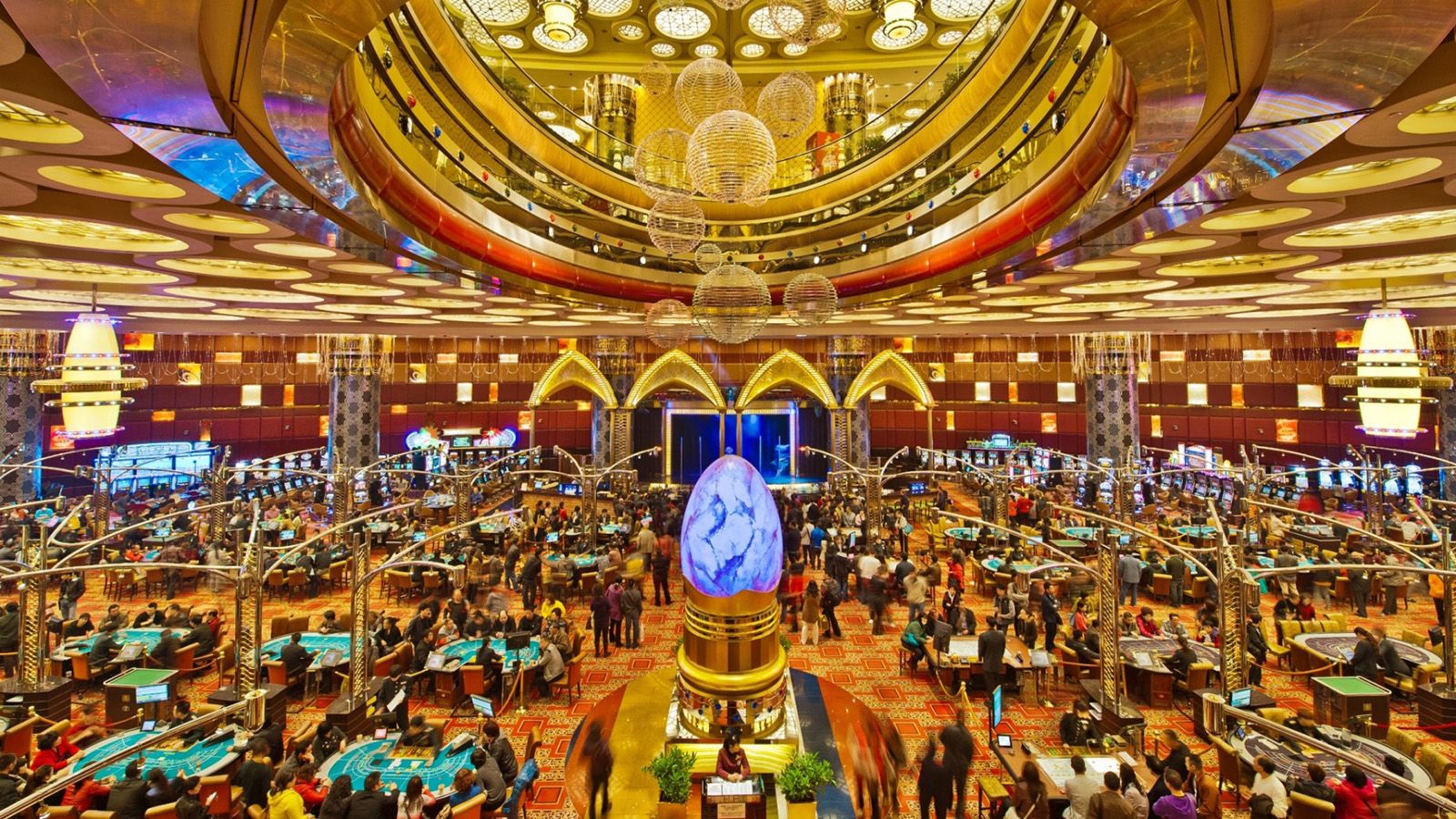
Gambling games have long been a staple in human culture, delivering not just entertainment but a fascinating reflection of our aspirations, wishes, and concerns. From the spinning reels of a slot machine to the tactical play of poker, these games embody a spectrum of human feelings and incidents. At their core, casino games are more than a chance to make profits; they are a microcosm of life itself, where danger and gain intertwine and fortunes can change in an instant.
As players assemble around tables or sit in front of glowing machines, they engage in a ritual that transcends mere gambling. These games echo our instinctive desires for relationships, adventure, and the pursuit of luck. They also disclose deeper truths about human psychology, such as our relationship with luck and the excitement of risk. In exploring casino games, we reveal not only the rules of play but also the intricate pattern of the human story, showcasing our intertwining narratives of aspiration and reality.
The Psychology of Gambling
Gambling is intrinsically connected in human psychology, tapping into various emotions and wants. The thrill of risk-taking is a fundamental aspect that draws players in, whether the thrill of spinning a roulette wheel or the excitement of drawing a winning card in poker. This rush of adrenaline is often compared to other forms of excitement, as the unpredictability of outcomes elicits a unique psychological response. Gamblers often find themselves entranced by the possibility of winning big, leading to an irresistible draw toward gambling games.
Additionally, an essential component of the psychology behind gambling is the concept of hope and aspiration. Participants often indulge in dreams of financial freedom and the luxurious lifestyle that can accompany winning. This optimism fuels their ongoing participation in casino games, as it provides a sense of meaning and the conviction that a life-changing win could be just one bet away. The story of beating the odds and achieving success resonates with many, reinforcing their dedication to play and engage with these games.
Lastly, social aspects play a significant role in gambling psychology. Casino environments are designed to promote social interaction, where players gather to share the journey of wins and losses. This communal aspect not only amplifies enjoyment but also affects behavior, as individuals often imitate the actions of others in their vicinity. The social validation found in mutual thrill can enhance the emotional experience, making casino games a reflection of not just personal desires but also collective engagement within the gambling community.
### Risk and Reward: A Double-Edged Sword
Gambling games embody the subtle balance between risk and gain that resonates profoundly with human psychology. The thrill of placing a wager is often accompanied by a rush of adrenaline, as gamblers are confronted with the prospect of winning big, yet conscious of the risk to suffer losses. This twofold experience reflects a core aspect of life: the choices we make often come with inherent risks, and the chase for gain can compel us to take chances we might not typically consider. In this way, casino games mirror real-world decisions, enticing gamblers to gamble not just their money, but also their dreams. 78win wiki
The allure of jackpot prizes and winnings fuels a sense of optimism, encouraging players to imagine a more promising future that could arise from a lucky spin of the wheel or dealing of a hand. This optimism can drive individuals to engage in riskier behaviors, encouraging them to extend their limits in search of monetary success. However, just as in life, the consequences of these decisions can lead to both victory and failure. The stories of both big winners and those who have lost everything at the casino demonstrate the random nature of chance and its impactful impact on our lives.
Ultimately, the experience of engaging with casino games serves as a strong reminder of the nature of humanity. Every game played is imbued with the tension of ambiguity, as players weigh the gains against the dangers. This balance not only highlights the thrill that comes with gambling but also reveals the weaknesses that come with the urge for more. As we explore the challenges of choice and results in both the casino and in life, we find that the pursuit of risk and reward shapes our identities and lives in profound ways.
Culture and Loneliness in Casino Culture
Gambling culture is a distinct mix of social engagement and individual endeavor, reflecting the dualities of human experience. Players often gather around games, experiencing in the thrill of the game, rejoicing in wins, and commiserating over losses. This communal aspect is crucial, as it fosters a sense of belonging and camaraderie among varied groups of individuals. Regular visitors to gaming establishments may form friendships and develop routines, turning the gambling venue into a alternative home where they feel connected to a greater community of players. Nhà cái 78win
However, the appeal of casino games can also lead to loneliness. As individuals become immersed in the thrill of gambling, they may withdraw from personal relationships or fail to engage with the world outside the casino. For some, the search of a jackpot can overshadow real connections, leading to loneliness. The experience of being among others yet feeling solitary is not uncommon, as the focus shifts from collective fun to the private stakes of each individual’s path.
This interplay of community and solitude creates a vivid mosaic that defines casino culture. It highlights the complexity of human interactions, where happiness and sorrow exist together. Gambling venues serve as both a refuge for social interaction and a platform for individual challenges, demonstrating how intimately connected our desire for companionship and the individual quest for fortune can be. In navigating this environment, gamblers confront their own stories—seeking both the thrill of the wager and the companionship of other players, ultimately reflecting the broader spectrum of individual experience.
